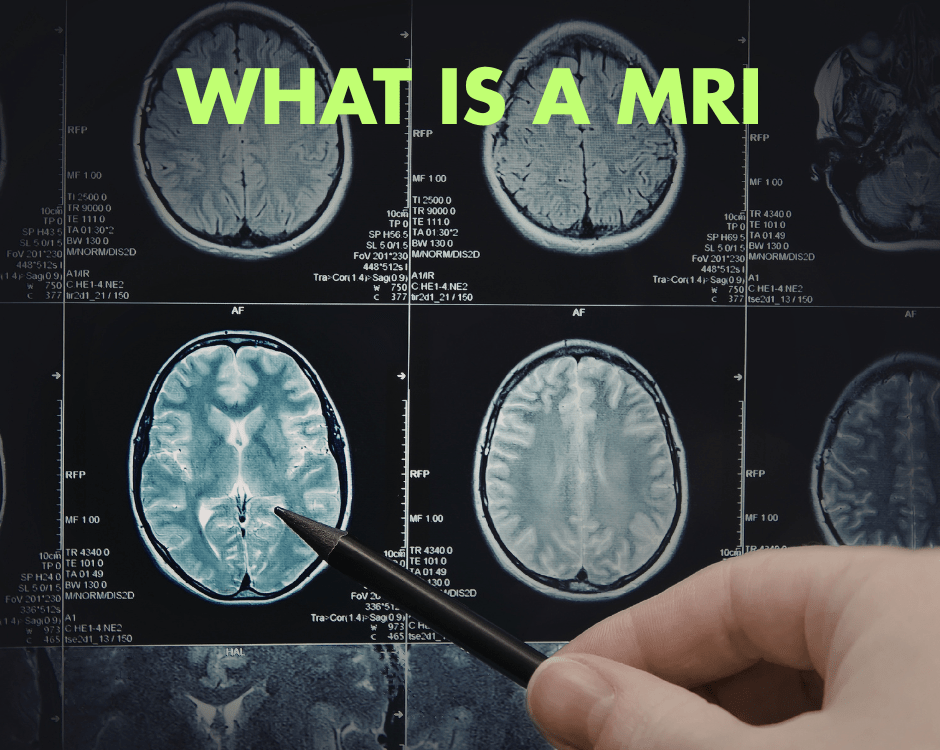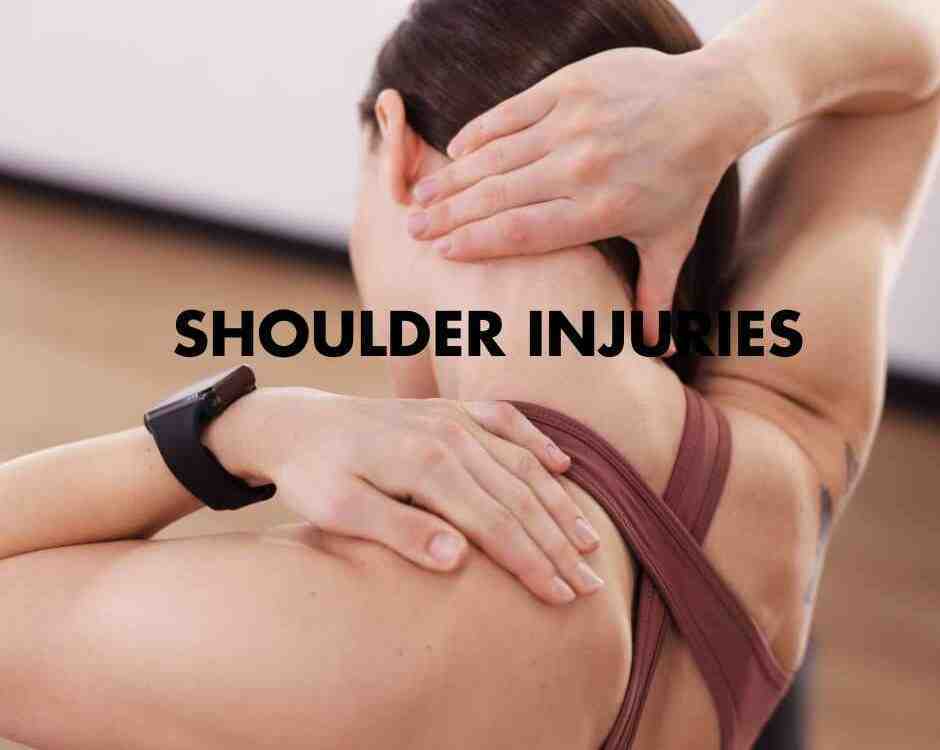Brain Injury Awareness Month

What Causes a Charley Horse?
February 12, 2025
How Diaphragmatic Breathing Can Help Neck and Back Pain
April 25, 2025- Accident doctor
- accupuncture
- airplane headache
- alzheimer's
- best habits
- Brain Injuries
- car accident
- car accidents
- cervical strain
- colds
- concussion
- Concussions
- disc bulge
- dosage meds
- dry needling
- dull pain
- E bike injuries
- florida
- good posture
- headaches
- Headrest positions
- Headrest positions after an accident
- Healthy choices
- Healthy flying
- healthy gift guide
- Healthy SPring Ideas
- hip pain
- hyperextension
- injury doctor
- insurance
- Kayaking
- kentucky
- kids motion sickness
- lifestyle
- motion sickness
- neck injury
- no fault insurance doctor
- noise healing
- osteoporosis
- pain symptoms
- pink noise
- posterior chain
- posture
- prevent osteoporosis
- Rest
- Scoliosis
- shoulder pain
- Stress with kids after a motor vehicle accident
- TBI
- tips
- tmj
- torn muscle
- Traumatic Brain Injury
- trigger points
- VitaminD
- What are Post Traumatic headaches?
Brain Injury Awareness Month
March is Brain Injury Awareness Month. This is an annual observance dedicated to raising awareness about traumatic brain injuries (TBIs). With over 5.3 million Americans living with disabilities caused by TBIs, this month serves as an important time to educate the public and support those affected. Dr. Deryk Harting, a long-standing member of the Chambers Medical Group team … one of the highest rated car accident medical care providers in Florida, discusses traumatic brain injuries.
A traumatic brain injury occurs when an external force disrupts the normal function of the brain. TBIs can range from mild (such as concussions) to severe injuries that result in permanent disabilities or death. Common causes include falls, motor vehicle accidents, assaults, sporting accidents, occupational hazards, and firearm-related incidents. The consequences of TBIs are extensive and can affect cognitive abilities, emotional health, and physical functioning. They are classified into three categories:
- Mild TBI (Concussion): The most common type, which may cause temporary confusion, dizziness, headaches, and memory issues.
- Moderate TBI: Can lead to extended periods of unconsciousness, cognitive impairments, and physical difficulties.
- Severe TBI: Often results in long-term disabilities, significant changes in brain function, and a need for lifelong care.
Even mild TBIs can have cumulative effects, especially in cases of repeated head injuries. For example, athletes and military personnel who experience multiple concussions may develop chronic traumatic encephalopathy (CTE), a degenerative brain condition with severe neurological complications.
Despite its prevalence, TBI is often referred to as a “silent epidemic.” Each year approximately 2 million Americans suffer from TBIs, but public awareness remains limited. TBIs account for about 30% of all injury related deaths in the United States. Statistics reveal that someone sustains a brain injury every 15 seconds in America, highlighting the importance of this public health issue.
The effects of TBIs can be life changing. Individuals may face challenges such as memory loss, difficulty concentrating, impaired decision making, personality changes, mood swings, as well as physical impairments. Recovery is often a lifelong journey that requires medical care, rehabilitation, and social support. The economic burden is equally significant as the cost of treatment and care for TBI patients in the U.S. is estimated to exceed $30 billion annually.
Brain Injury Awareness Month also aims to promote education on prevention strategies. Some key measures include:
- Wearing helmets when engaging in activities like biking, skateboarding, skiing, or contact sports.
- Using seat belts and child safety seats in vehicles to reduce the risk of head trauma during accidents.
- Preventing falls by making homes and workplaces safer, especially for young children and older adults.
- Practicing workplace safety by using proper protective gear and following safety protocols.
- Recognizing and treating concussions early to prevent complications and further injury.
Beyond prevention, Brain Injury Awareness Month emphasizes the importance of supporting TBI survivors. Many organizations, including the Brain Injury Association of America (BIAA), offer resources such as support groups, educational materials, and rehabilitation programs to help individuals after a brain injury.
Advocacy efforts are also crucial in pushing for further research, improved healthcare policies, and greater access to treatment. Increased funding for brain injury research can lead to new therapies, better rehabilitation techniques, and more effective interventions.
Brain injuries can affect anyone from young children to professional athletes to the elderly. Brain Injury Awareness Month allows us to highlight this issue while advocating for better prevention strategies and support systems. For more information or to get involved this March, visit organizations like the BIAA or local groups that support brain injury survivors.
— This article is written by Deryk Harting, DC, one of the members of Chambers Medical Group’s team of car accident chiropractors who offer a variety of treatments and therapies ranging from diagnostic testing to various soft tissue therapies for car accidents and injuries in Florida.
- Car Accident Medical Clinic in Tampa
- Car Accident Medical Clinic in Plant City
- Car Accident Medical Clinic in Brandon
- Car Accident Medical Clinic in Lakeland
- Car Accident Medical Clinic in Sarasota
- Car Accident Medical Clinic in Louisville
- Car Accident Medical Clinic in Lexington
- Car Accident Medical Clinic in Florence




